Your Cyberpunk 2077 lifepath choice will affect how you see the world just as much as how it sees you
Who you choose to be in Cyberpunk 2077 will change you, whether you like it or not
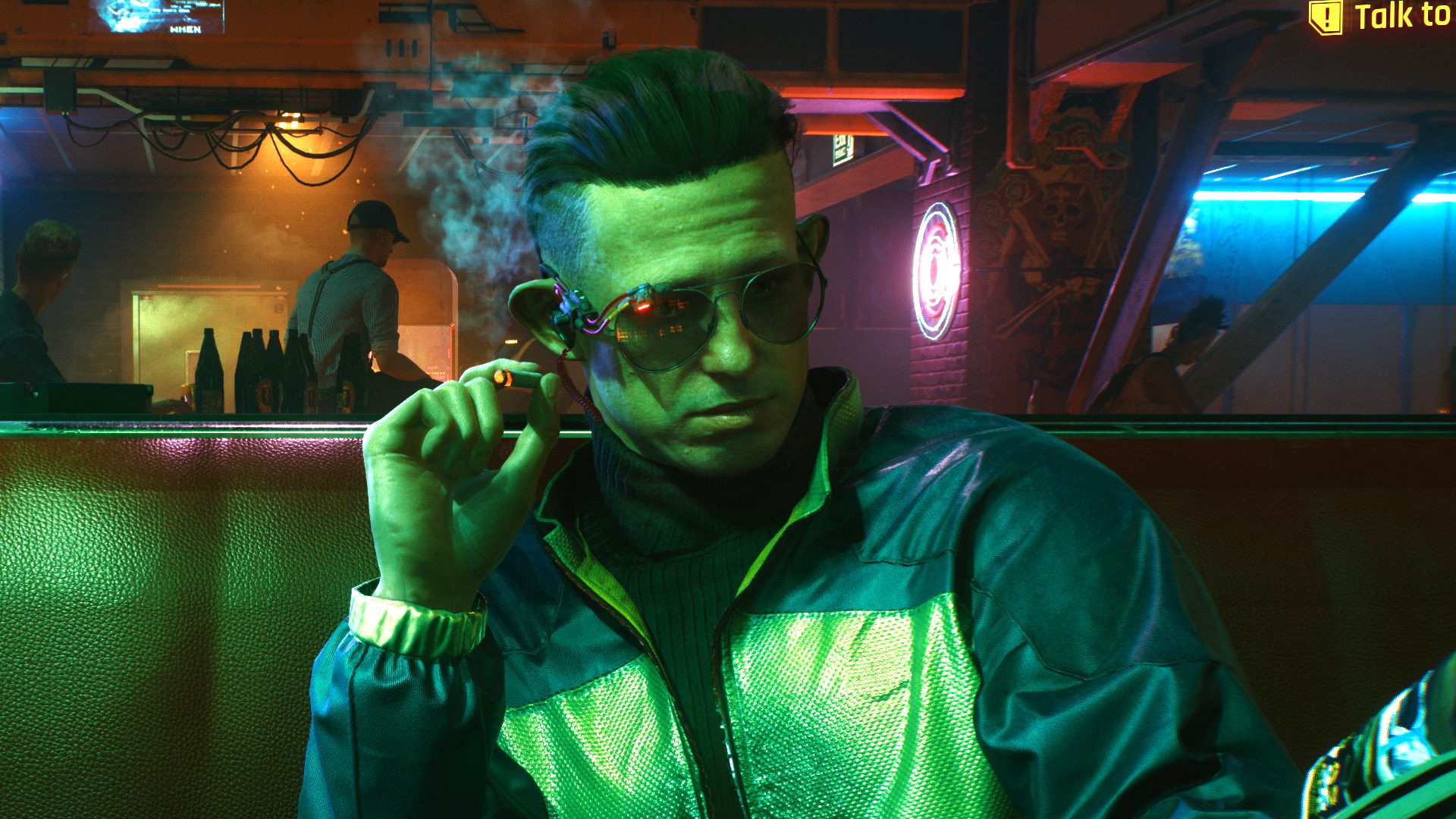
Picking one of the three Cyberpunk 2077 lifepaths lets you pick who you are, a choice you don’t get in the real world. In this case, it's between a street kid, an outsider, or an ambitious business type 'Corpo', which the game will then define you by. All have separate openings to establish your new life and, while the paths eventually merge into the main game, dialogue, allegiances, and opportunities will be forever altered by who you decide to be.
It’s a neat way of mirroring the backstory creating systems of the board game, and if it works the way CD Projekt Red is suggesting, it could not only alter your gameplay experience, but your perception of Cyberpunk 2077's entire world and characters.
What makes Cyperpunk’s lifepaths appear different to the usual choices is that you’re not picking a class; you’re choosing a status in society. People tend to be sensitive about perceptions of status, even imaginary ones. Psychologists have built award winning, wiki-page filled careers out of splitting people into groups and telling one they’re better than the other. Whether you like it or not, your status in the game will matter to you, even if it’s a fictional one.
Bright lights, city living
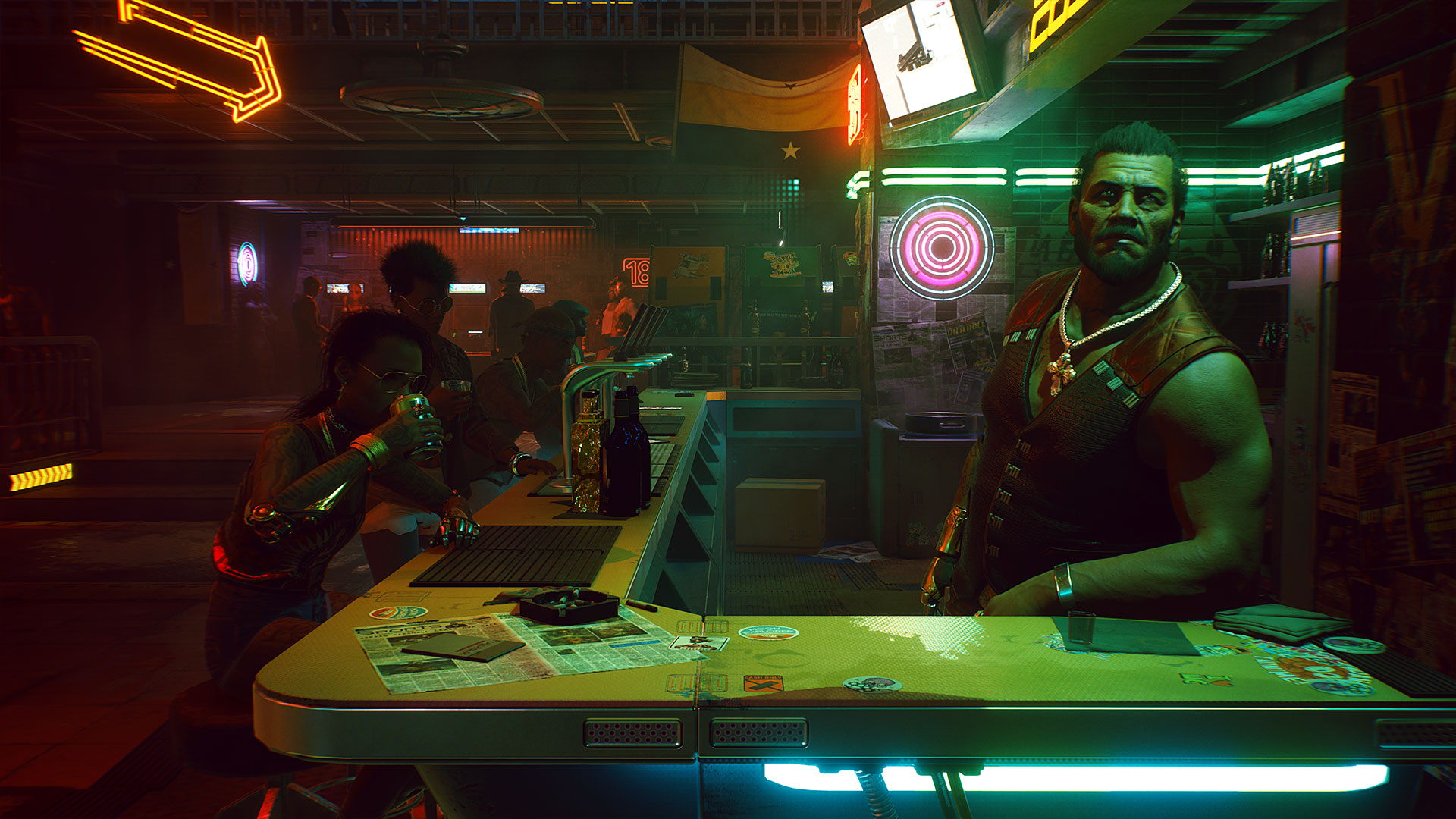
Choosing a character is as old as video games, hello Left and Right paddle in Pong (the left one’s better btw), but how characters are treated, both for players and NPCs, is usually a fairly simple cause and effect - a monstrous character type being shunned or feared, for example.
Usually the pay off is to narratively flex a moment that underlines some world building bullet point. Things like the xenophobic Dumner in Elder Scrolls, or shunned Quarians in Mass Effect, are good examples. If a character's background affects anything then it’s often manifested through scripted moments and dialogue options.
Cyberpunk 2077’s status system, however, looks different, not least since it will affect your standing in Night City, rather than your abilities. The obvious impact will be access to conversation options and potential mission choices that open or close depending on your allegiance. But it’ll also foster an ‘us and them’ mentality, which is one of the most powerful influencing forces in changing how people think about others.
Psychology is littered with simple experiments that show even a minor perceived difference can make big changes. In 1968 a teacher called Jane Elliott first performed a famous experiment in an attempt to explain discrimnation to her class following the assassination of Martin Luther King Jr.
Sign up to the GamesRadar+ Newsletter
Weekly digests, tales from the communities you love, and more
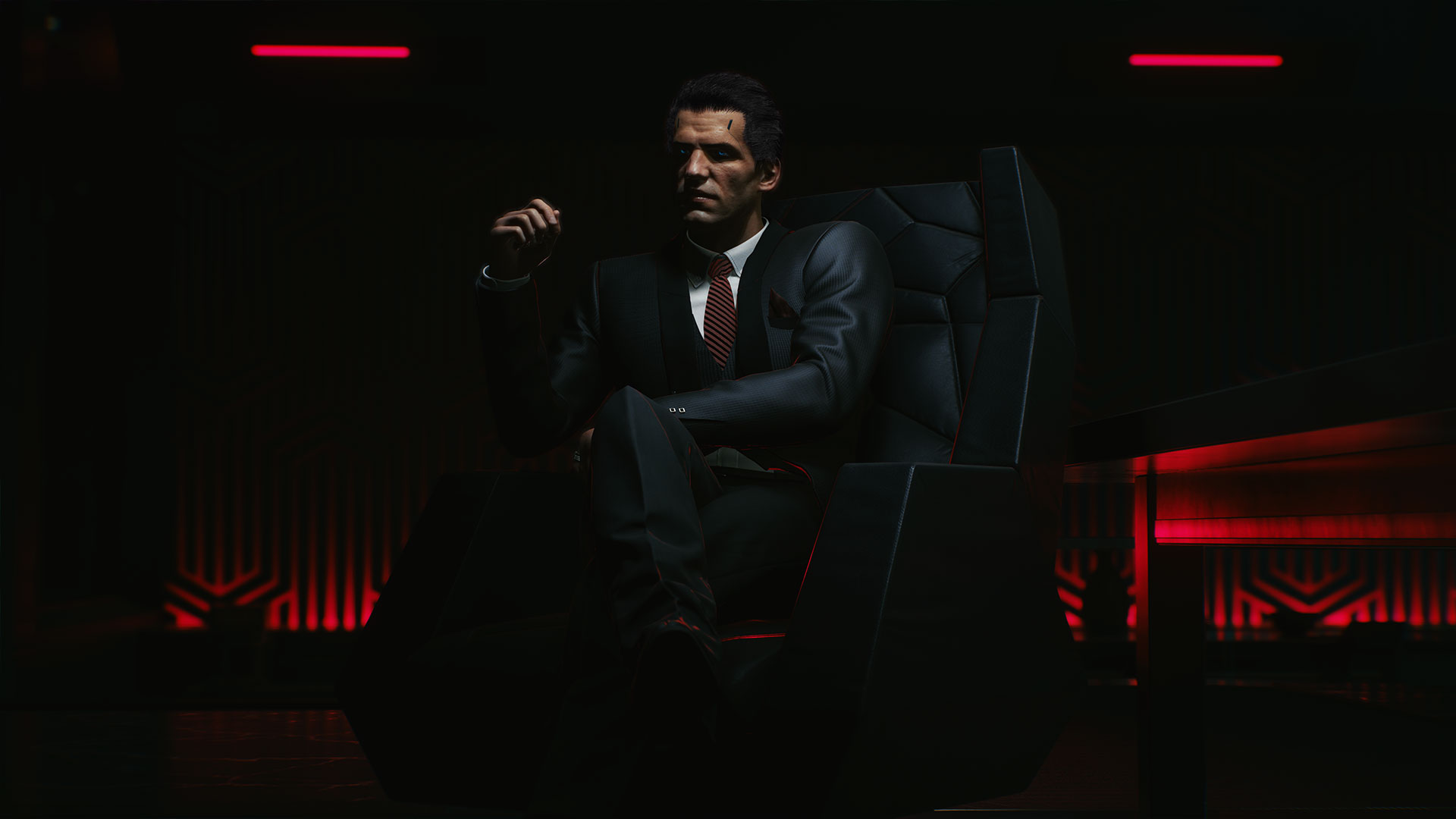
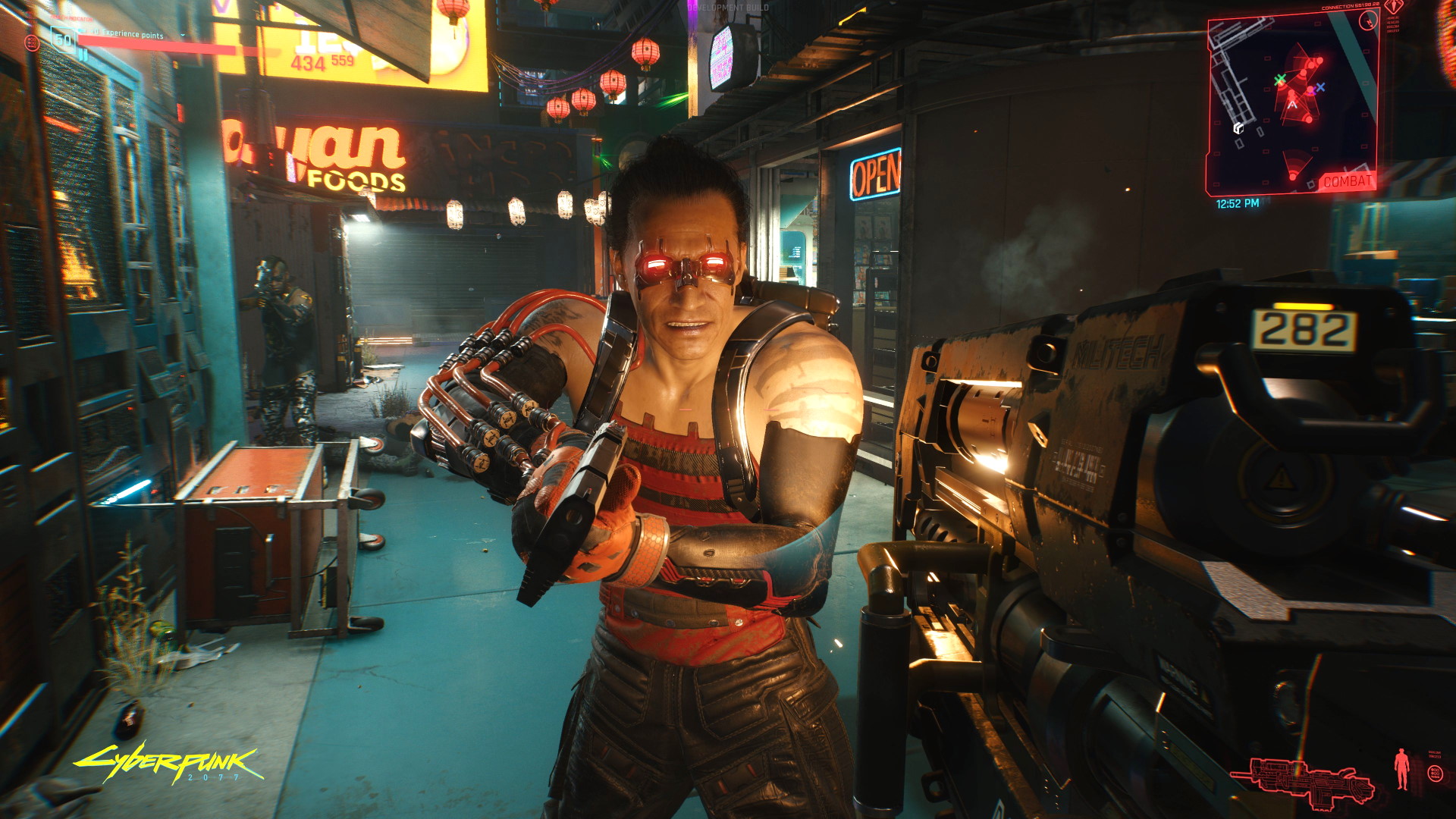
Hands-on with Cyberpunk 2077: Freedom, master world-building, and customisable genitalia
She simply told all the brown eyed children they were better than the blue eyed members of the class and gave them preferential treatment. The brown eyes children soon became arrogant and aggressive, while the blue eyed ones became withdrawn and submissive. All from a meaningless, arbitrary decision.
Now think about the Corpo lifepath. It sets you up to be a high flying, big earning success at any cost. You enter the game at the top, you deserve success, and you’re owed something. It’s not hard to see how playing through that path’s intro could leave you feeling superior to the lower status characters you have to deal with, blind to your own privilege. Your entire world view of Night City could alter as a result.
That’s a one shot example that hopefully makes the point, but it forms the core of numerous psychological theories that Cyberpunk 2077’s lifepaths tip toe around, and doesn't even have to necessarily involve a superiority in status.
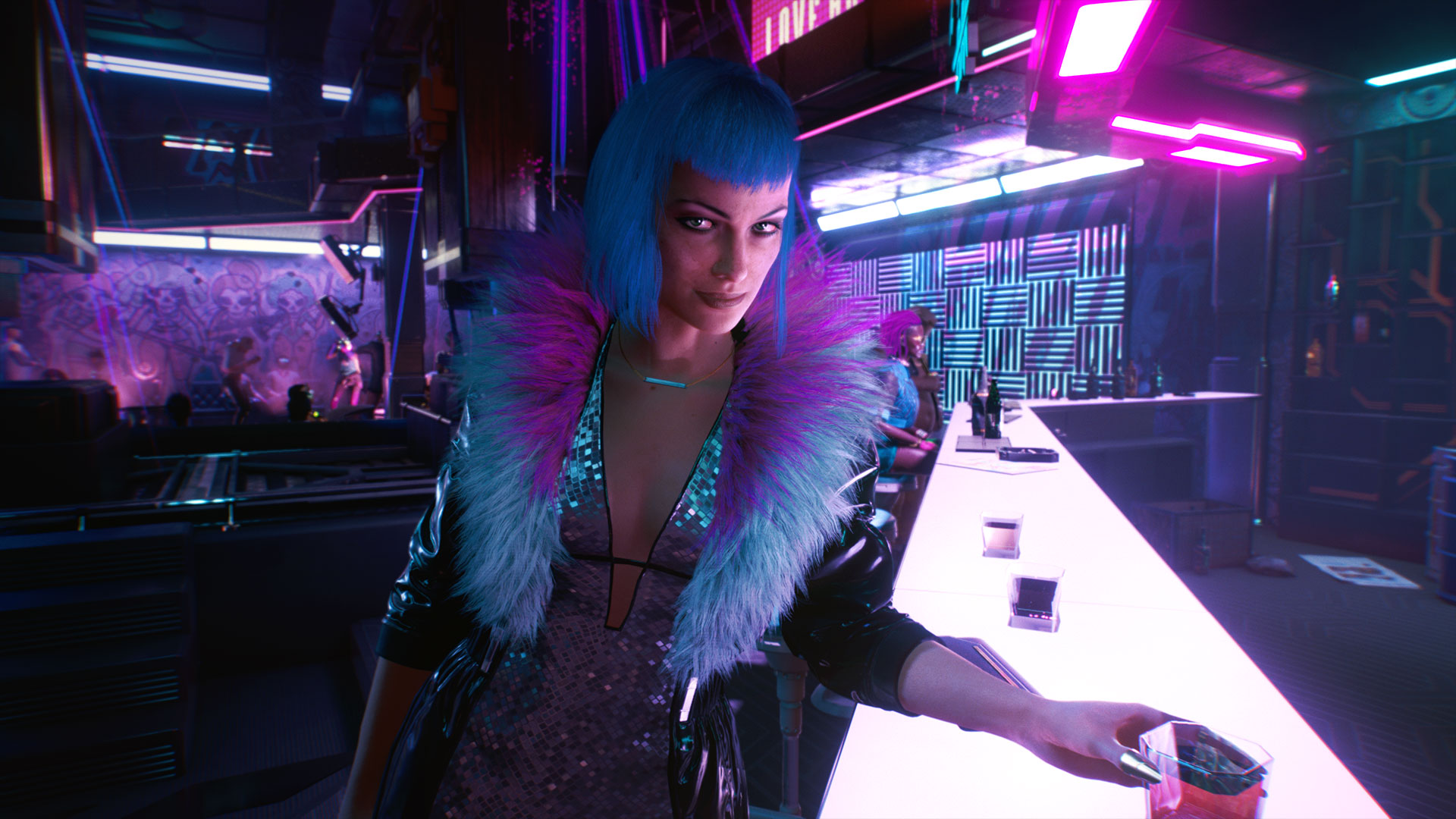
The core of Social Identity Theory focuses on in-group biases that see different groups exaggerate both the similarities shared within a group, and the differences of those outside it. It starts with the idea of categorizing the people around you to better identify and understand yours and their places. However, the practical upshot is a level of social identification that binds you emotionally to the group you see yourself belonging to. Your self esteem becomes tied to your membership.
So, for example, if you choose to play as a street kid, building an identity around a tough, low income life “running away from badges” you are going to feel far more keen to help another street kid being roughed over by police if you chance across it, than if you encountered the same situation involving a member of another group.
Being part of a group is a powerful desire, whether you like to admit it or not. There are parts of the brain associated with winning, and forms of emotional pain that fire up in situations which improve or harm your group status respectively. You just can’t help it: your brain is hardwired to want to belong. As a result, that means you’ll likely try to fit into whatever group you chose, especially in a city with such an obvious tribal structure. A recent study in pride and social status showed that “group members are motivated to increase their value in the eyes of other group members by emphasizing those qualities which fit the preferred status.”
One of us
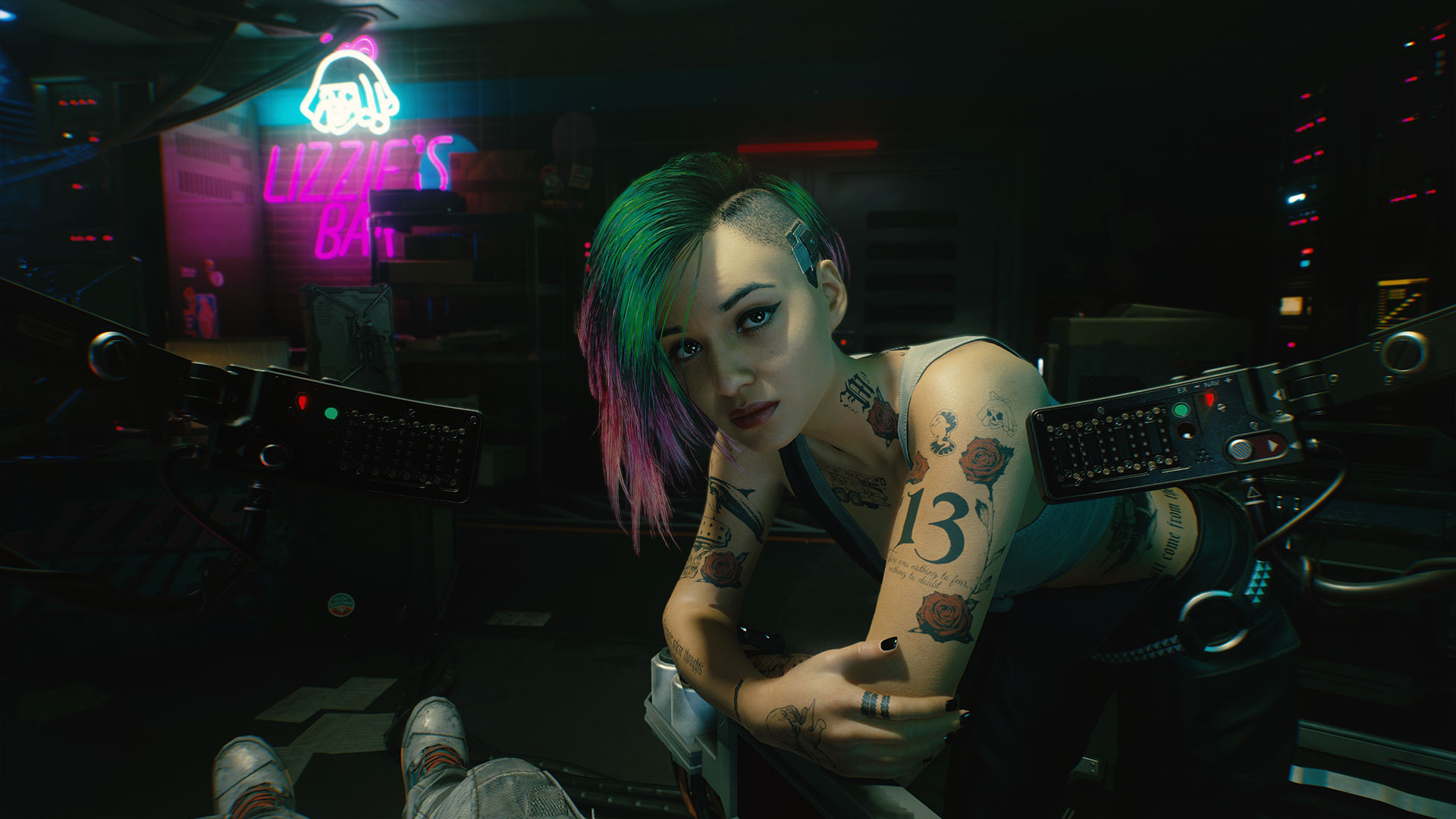
"You just can’t help it: your brain is hardwired to want to belong."
So, if the world of Cyberpunk 2077 and it’s characters keep treating you like your chosen group, and you constantly see the similarities and differences between your clan and the ‘others’, you’re going to, without realising it, become more of a Street Kid, Corpo or Nomad. We’ve all heard of the idea of a self fulling prophecy, but that idea originally comes from a sociological theory called the Thomas theorem, which boils down to “if men define situations as real, they are real in their consequences”.
So if, say, you play Nomad, and the entire start paints outsiders as suspicious and dangerous, you’re going to perceive them as such. You might be wary of a mission from a non-nomad character because you trust them less, and be more likely to act preemptively if things feel... off. Any resulting shooting and death will only prove you right whatever their intentions.
And if you think you’re logical enough to avoid such pit falls then welcome to realistic conflict theory, which states “two or more groups seeking the same limited resources will lead to conflict, negative stereotypes and beliefs, and discrimination between the groups”. This was famously demonstrated with the Robbers Cave experiment, where two groups of boys that had never met before were made to fight for prizes. Once the dust had settled they were interviewed about each other and all described their own team members positively, and those from the opposition negatively.
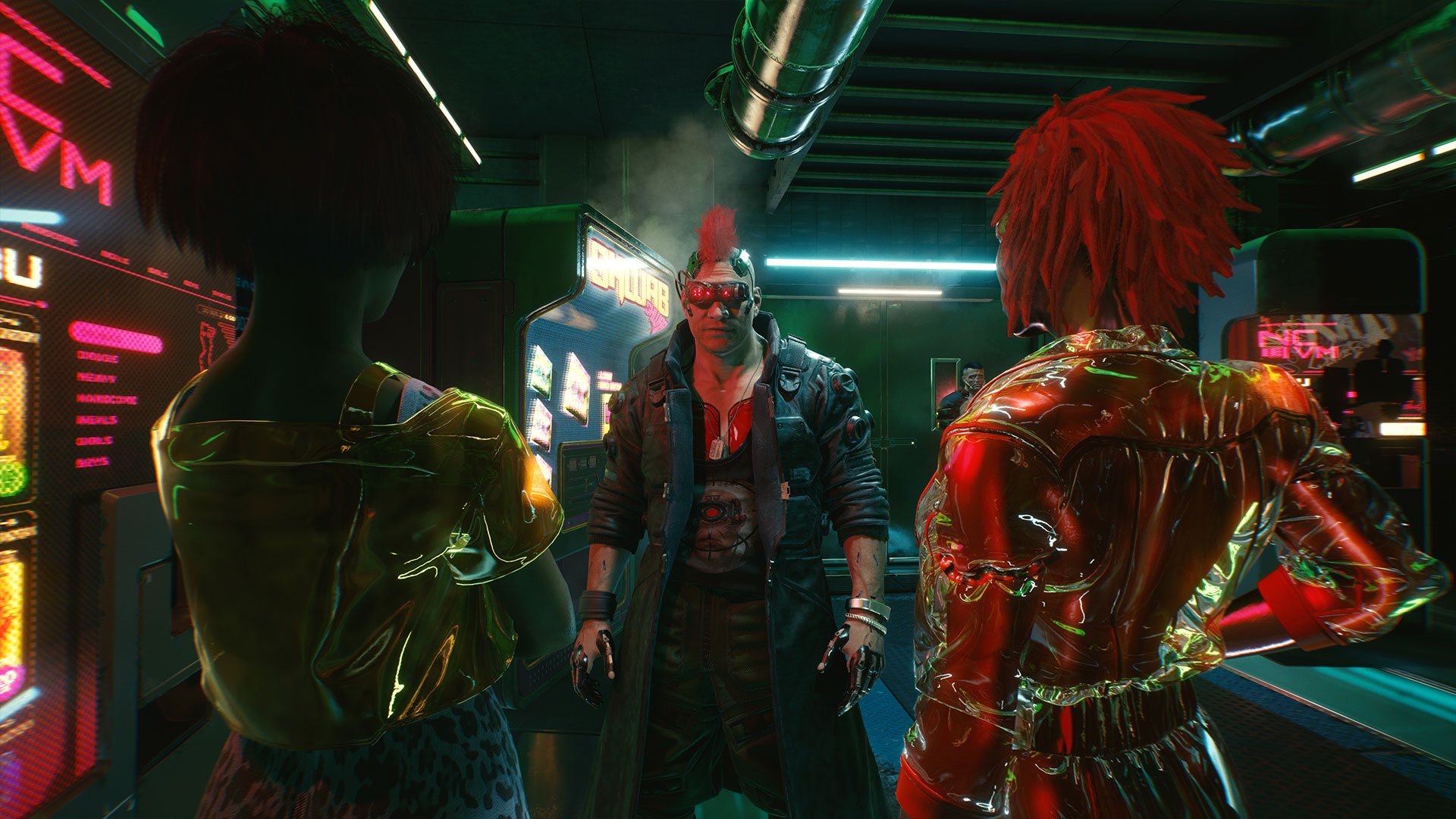
The experiments have been pulled apart a little over the years (the controlling scientists were basically a third team for example, so the interpretation is skewed by not including them) but the point stands. While groups might see each other differently and stay apart, animosity always arises when there’s a fight over something. If you have to fight another faction for a mission objective you‘ll probably think badly of them even if they're former allies.
By deciding one lifepath over another, and how the game treats you as a result, you will imperceptibly change how you approach situations, judge characters, perceive dialogue, and thus experience the game. If you’re still not convinced there’s even been a study that discovered that simply reading a book can cause changes in people’s behaviour and thoughts aligned with the character portrayed. The more affinity you feel for them, the stronger the effect, which was also increased more if the book was written in first person.
If a passive activity like reading can do that, what effect will playing a game have, with all the interactive decision making and struggle involved? Oh and by the way: there’s obviously no difference between the left or the right Pong paddle but if you thought about it for even a second, then you're already falling into Cyberpunk 2077's lifepath trap.
Excited for the game and want to reserve a copy? Then be sure to take a look at our guide on all the best Cyberpunk 2077 pre-order prices.

I'm GamesRadar's Managing Editor for guides, which means I run GamesRadar's guides and tips content. I also write reviews, previews and features, largely about horror, action adventure, FPS and open world games. I previously worked on Kotaku, and the Official PlayStation Magazine and website.


